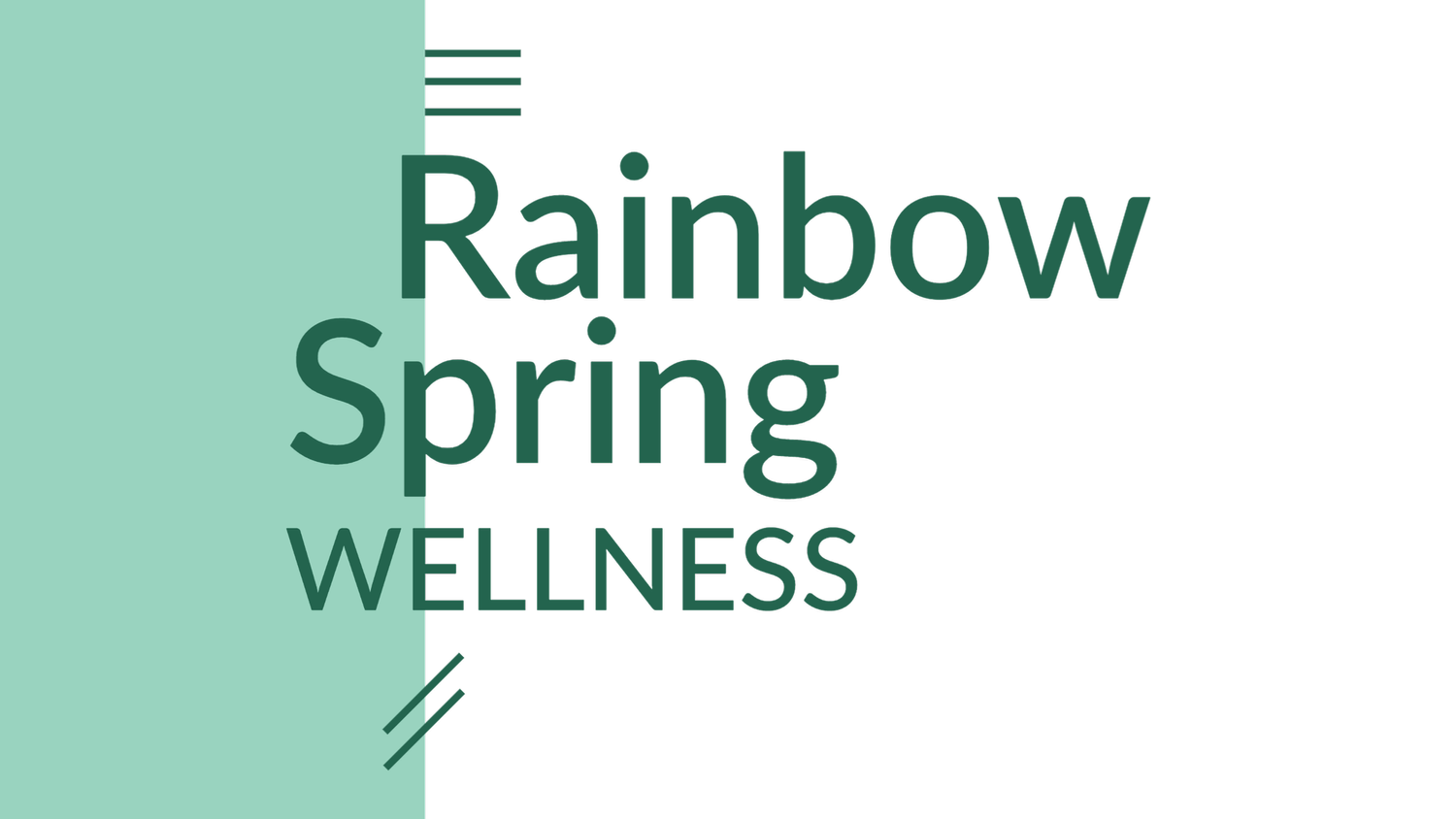Pacing - part 1/3
Are you tired all the time?
Do you regularly feel fatigued, or have chronic exhaustion?
Do you have a chronic illness? Does it flare up if you overdo it?
Does your energy crash if you do too much, or if you don’t take care of yourself exactly right?
Does being tired all the time keep you from doing the things you care about?
You may need to start pacing yourself better.
What is pacing?
I describe pacing as the art and science of finding how to do the things you care about the most using only the energy that you have. In my professional jargon it’s called energy conservation - conserving your energy so that you have enough for what matters. The essence of pacing is being mindful of how much energy you have available to you, and making choices about how to use your energy that align with your priorities.
When you have chronic fatigue or unreliable energy, you only have so much energy to get through each day. It’s probably not as much as the people around you might have, and it might be a lot less than you used to have. Many people don’t have the same amount of energy available every day, and may have more or less depending on their medical status, stress, pain, or what they did the days before.
Spoon theory https://butyoudontlooksick.com/articles/written-by-christine/the-spoon-theory/ is another way to talk about pacing. Originally coined by Christine Miserandino in 2003, spoon theory is a metaphor for talking about how it feels to get through daily activities while having limited capacity. It makes the idea of limited energy more concrete - instead of something amorphous and vague like energy, it talks about spoons. Every day, you have this many spoons and no more, and everything you do costs a spoon. Difficult things may cost more spoons, while easier tasks might only cost one. And when you’re out of spoons, you’re out. You can borrow against tomorrow’s spoons, but you’ll pay for it with even fewer spoons tomorrow.
I also like the metaphor of budgeting. Each of us has a certain amount of money coming in, just as each of us wake up with a certain amount of energy. Each of us also has expenses - ways we have to spend our money like food and housing, and ways we want to spend our money like cute shoes. When we budget, we plan out how we’ll spend our money so the necessary expenses are covered and hopefully the things we want most as well. If we have a lot of money coming in, we might just pay attention to not doing too many expensive things at once. If he have very little money, we’ll be faced with tough decisions.
Why does pacing help?
Practicing pacing can be difficult, but the reward is creating a life you can sustain. For many people with limited energy, pushing yourself too hard will result in feeling worse and being able to do less overall. To follow the budgeting metaphor, spending more than you have available means borrowing against your future energy - and the interest rates are steep. When you can stay in budget, you can have fewer flares, and the flares that still happen may be lower intensity. Pacing doesn’t make the original problems go away, but it allows you to stop fighting yourself.
How do you do pacing?
The concepts of pacing are simple, but actually using them can be a lot more difficult. For many, the hardest part of pacing is recognizing your limits and allowing yourself to respect them. In our capitalist society that values us on our productivity, admitting our limits can feel like becoming less valuable. We’re taught that we should always be fighting to be better, do more, and contribute more - accepting limits feels like the opposite of what we’re taught we’re supposed to do. Fortunately, you don’t have to come to terms with your condition completely in order to start using pacing principles. It’s ok to do a little bit at a time. As you’re able to accept your condition more completely, you can pace yourself even better.
I think using budgeting principles is the simplest way to make pacing practical. Consider your energy expenditures - what do you have to or want to do? How much do they cost? If there isn’t enough energy to comfortably cover your costs, how can you reduce what you spend? Are they things you can cut out, and are there ways to make things cost less? I’ll go over some strategies to help with those decisions in a part 2 of this article.
General principles for pacing
Different folks have different conditions, so some changes will be more useful than others. Take what works for you, and ignore what doesn’t.
Sit down instead of standing up
In general, sitting costs less energy, so look for ways to sit down more often. Maybe put a shower chair in your bathtub, or sit on the toilet lid while combing your hair. Try putting a bar stool by the stove, or chopping vegetables at the kitchen table.
When are you standing up longer than it’s good for you? How could you adjust?
Take breaks before you’re exhausted
When we’re tired, we need to rest and recover in order to do more. For most people, we recover more quickly when we’re not as tired, but we need a long time to recover if we wear ourselves out. You may want to wait to rest until you’ve finished what you were doing, but you’ll likely be able to do more if you take short breaks as you go along.
Plan your week
As best as you can, try to space out your commitments so you don’t exhaust yourself. How many big things can you do in one day - two? one? Do you need a rest day before or after something big? Try not to schedule a job interview, doctor’s appointment, organizing your closet, and a first date all on the same day!
Arrange your environment for success
Think about how you set up your space, and whether you’re making your life more difficult than necessary. Are the things you use most often in easy reach? Do you keep the tools you need close to the places you need them? For example, I keep dustpans next to all the litter boxes, and I keep trash cans in all the rooms where I spend the most time.
Shop for convenience
This one works better when you have some financial privilege, but it’s worth thinking about how your buying habits support your energy. Can you buy precut frozen onions instead of whole onions? Is there a different type of vacuum that would be easier to use? The less you enjoy something, the more it’s worth considering how to do it with less effort.
Go slower
Sometimes, just moving slowly is enough to make something less tiring. Experiment with slowing down your walking pace, and see if there’s a difference in how much energy you spend.
Get help
Ask the people around you to help, especially with anything that’s difficult for you but easy for them. Ask the strong friend to put the trash out when they’re over, or the tall friend to reach for something. Hire someone to clean for you if you can afford it. Consider how you split chores with your partner so you’re spending equivalent percentages of your available energy, instead of doing the same amount when it costs you more.
Talk to people who share your experiences for more ideas - people who have the same challenges and conditions as you have likely come up with their own strategies. Get creative about how to make your life easier. You’re worth it.
Most importantly, listen to your body. The better you can notice the signs of fatigue, the more easily you can adjust. The more you can actually change what you’re doing based on what your body’s signs, the more you can improve your odds of reducing flares.
There’s a lot more to pacing, of course, and I’ll address some of it in a future article. If you want to do some of the deeper work to adjust to your condition, or if you want to do some strategizing with someone else, keep me in mind. I’d love to see you for an appointment.

